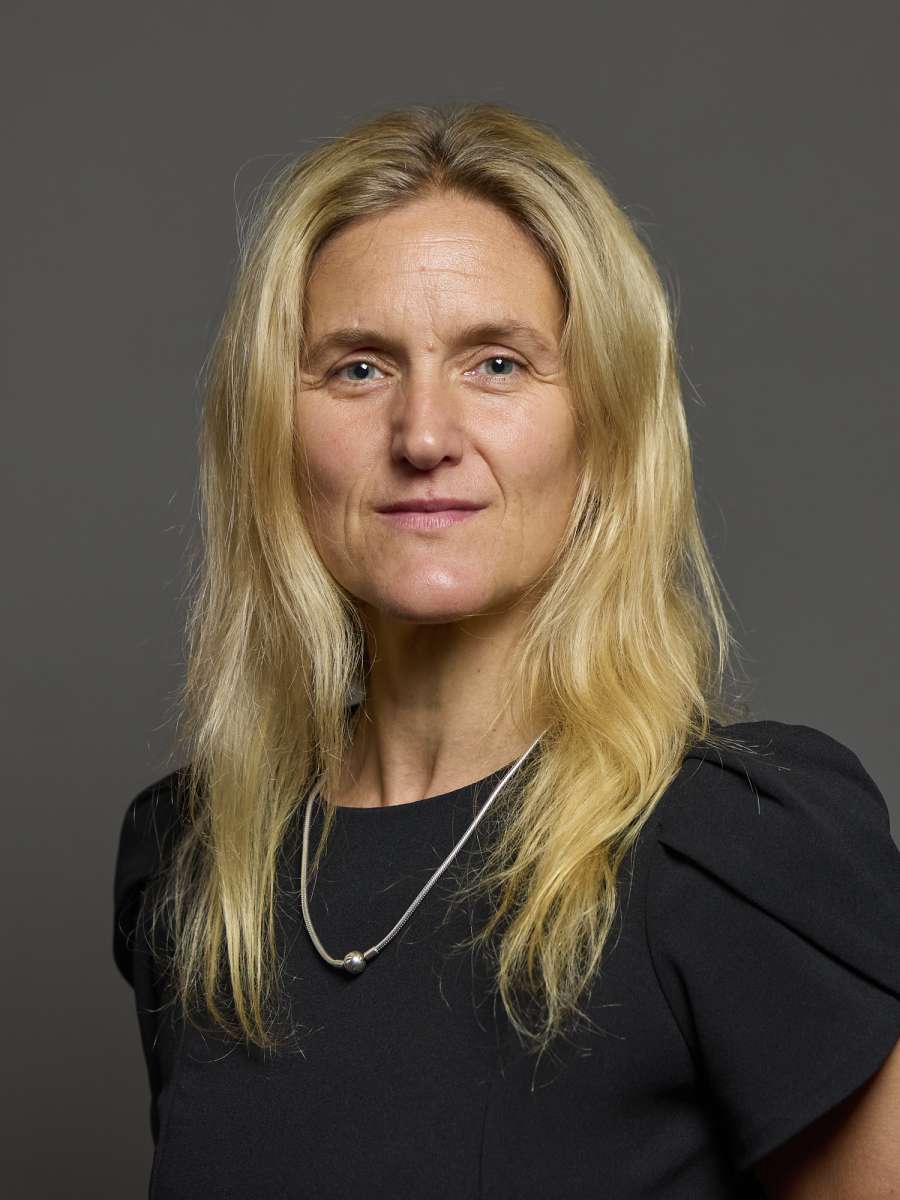Under the proposed law, assisted dying would only be available to mentally competent adults with terminal illnesses and a prognosis of six months or less to live….reports Asian Lite News
The assisted dying Bill, proposed by Labour MP Kim Leadbeater to legalise assisted dying for terminally ill adults, could be scrapped before it is voted on, as a group of cross-party MPs has introduced a fatal reasoned amendment to block it.
MPs are set to vote on the Private Members’ Bill this Friday. Leadbeater has called the Bill “very robust,” saying that it includes multiple safeguards to protect vulnerable individuals, who some critics fear might feel coerced into ending their lives if assisted dying becomes legal.
Under the proposed law, assisted dying would only be available to mentally competent adults with terminal illnesses and a prognosis of six months or less to live.
But Ben Spencer, the Conservative MP, Munira Wilson, a Liberal Democrat, and Labour’s Anna Dixon have co-sponsored the so-called “wrecking amendment” that could kill the Bill if enough MPs support it, reported by The Telegraph.
The amendment comes amid growing concerns in the Commons about the proposed change being introduced as a Private Members’ Bill, which limits the opportunity for thorough debate and scrutiny of its provisions.
If the amendment is selected, it will be voted on during the second reading of Kim Leadbeater’s assisted dying Bill on Friday, before any vote on the Bill itself. If the amendment receives majority support from MPs, it would prevent the Bill from proceeding to a vote.
The amendment states: “This House declines to give a Second Reading to the Terminally Ill Adults (End of Life) Bill because the House’s procedures for the consideration of Private Members’ Bills do not allow for sufficient debate on and scrutiny of a Bill on a matter of this importance.”
It goes on to highlight the importance of having a fully informed debate and vote on assisted dying, which should follow an independent review and public consultation on the existing law and proposals for change. The amendment calls for the review and consultation to be informed by an independent assessment of palliative care for terminally ill adults.
Dr Spencer, the MP for Runnymede and Weybridge told The Telegraph: “Irrespective of one’s view on the rights and wrongs of assisted dying legislation, this area should be scrutinised and debated properly prior to a vote in Parliament.
“There have been concerns raised from a range of professionals, including judges and medics, around the provisions of the Bill and that this is being rushed through.”
He added: “This amendment calls for the groundwork to be done first, including legal review, consultation and assessment of palliative care provision, so that Parliament can have a properly-informed debate and vote on assisted dying. While I strongly support the principle of bodily autonomy of people with full decision-making capacity, I have substantial concerns about this Bill.”
Prime Minister Keir Starmer has said politicians will be able to vote with their consciences on the matter, rather than along party lines. He has supported changing the law in the past while health minister Wes Streeting has said he will oppose it.
Should the proposal, known as the Terminally Ill Adults (End of Life) Members Bill, pass a first vote, it would kick off the formal process for a law change, subjecting it to further scrutiny and requiring approval by both the House of Commons and the House of Lords, the upper house of parliament.
In 2015, British lawmakers voted 330 to 118 against the second reading of proposed legislation to legalise assisted dying.
As they grapple with their decision, four MPs – Dan Tomlinson, Jess Asato, Rebecca Paul and Catherine Fookes – speak to the BBC about how they have been making up their minds.
Tomlinson, the new Labour MP for Chipping Barnet in London, says he “definitely feels the responsibility” on his shoulders “to have thought this through” as Friday draws closer. The issue has split Parliament, and the outcome of the vote is unknown, as the majority of MPs have not revealed how they will vote.
MPs have been given a free vote, meaning they can follow their conscience rather than party orders. MPs normally gauge the mood of their constituents via the emails that flood into their offices, discussions and regular meetings.
But the assisted dying bill feels different, inspiring greater reflection and a deeper dive into personal experiences. In the week leading up to the debate, Tomlinson has attended two town hall gatherings: one with constituents in favour and one with those against.
Hundreds braved a wintry London evening at the Finchley Reform Synagogue to hear speakers, including a palliative care doctor and Tory peer Lord Finkelstein, argue the case for assisted dying. The crowd was calm and receptive but the air chilled momentarily when Tomlinson asked if the law might push more people to end their lives to avoid burdening families or the NHS.
ALSO READ: Starmer to restart UK-India FTA talks

